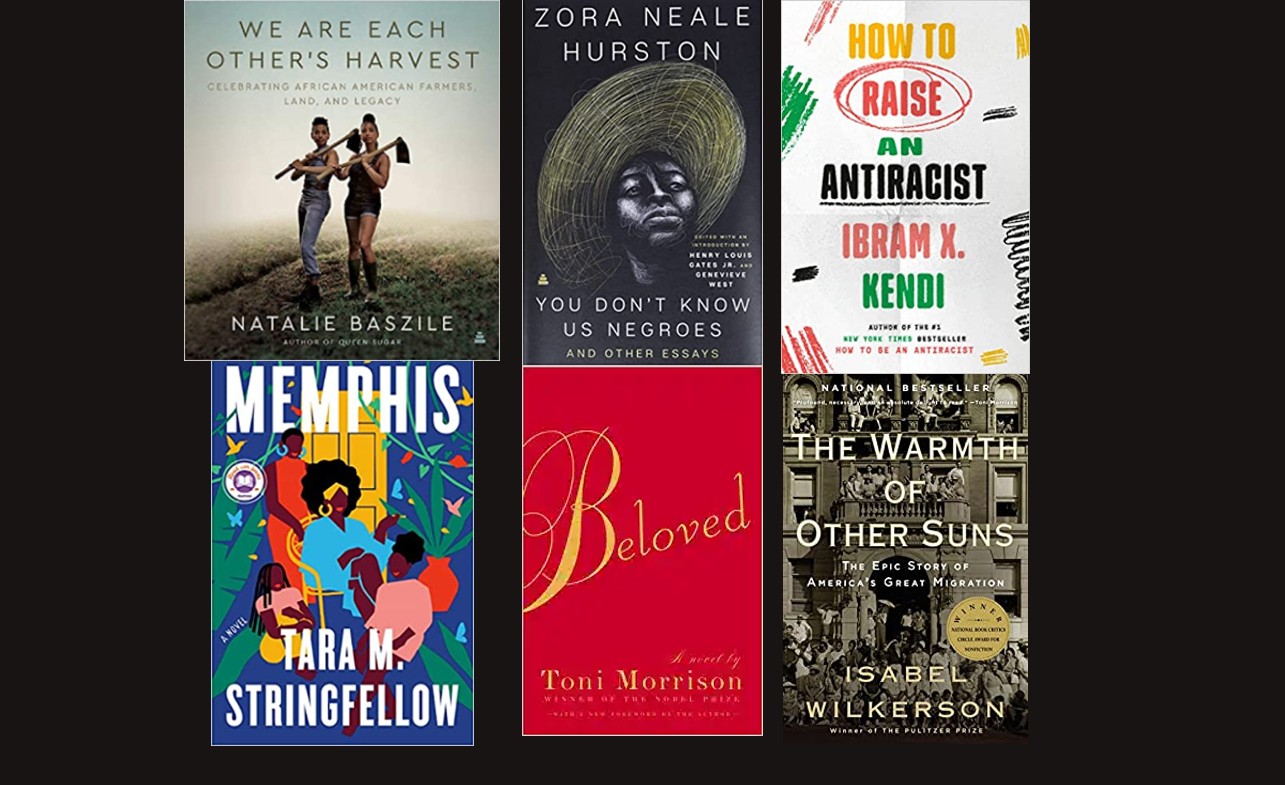
A Juneteenth reading list
AL DIA News has six must-read books that celebrate and offer multiple perspectives on Black life in America
This Sunday, June 19, the U.S. will celebrate Juneteenth, a holiday that commemorates the day the last enslaved people were emancipated in the United States on June 19, 1865. While the anniversary has been celebrated in various parts of the country ever since, Juneteenth didn’t officially become a federal holiday until 2021, after Congress passed legislation on June 16 of that year and President Joe Biden signed it into law the following day.
To celebrate Black life and the fight for freedom and equality in America, AL DIA News has procured a list of some of the best works of fiction and nonfiction written by African-American authors that can help readers understand and celebrate Juneteenth and all that it represents.
We Are Each Other's Harvest: Celebrating African American Farmers, Land, and Legacy
By Natalie Baszile (Harper Collins, 2021)
In this impressive anthology, Afro-American writer Natalie Baszile, who holds a Masters in Afro-American Studies from UCLA, brings together essays, poems, photographs, quotes, conversations, and first-person stories to examine Black people’s connection to American land from Emancipation to today.
In the 1920s, there were over 1 million Black farmers. Today, there are just 45,000. Baszile explores this crisis, through the farmers’ personal experiences. In their own words, middle-aged and elderly Black farmers explain why they continue to farm despite systemic discrimination and land loss. The 'Returning Generation' — young farmers, who are building upon the legacy of their ancestors, talk about the challenges they face as they seek to redress issues of food justice, food sovereignty, and reparations.
You Don’t Know Us Negroes and Other Essays
by Zora Neale Hurston (Amistad, 2022)
You Don’t Know Us Negroes is the quintessential gathering of provocative essays from one of the world’s most celebrated writers, Zora Neale Hurston.
Spanning more than three decades and penned during the backdrop of the birth of the Harlem Renaissance, Montgomery bus boycott, desegregation of the military, and school integration, Hurston’s writing articulates the beauty and authenticity of Black life as only she could. Collectively, these essays showcase the roles enslavement and Jim Crow have played in intensifying Black people’s inner lives and culture rather than destroying it. She argues that in the process of surviving, Black people re-interpreted every aspect of American culture — "modif[ying] the language, mode of food preparation, practice of medicine, and most certainly religion.
”White supremacy prevents the world from seeing or completely recognizing Black people in their full humanity and Hurston made it her job to lift the veil and reveal the heart and soul of the race. These pages reflect Hurston as the controversial figure she was — someone who stated that feminism is a mirage and that the integration of schools did not necessarily improve the education of Black students. Also covered is the sensational trial of Ruby McCollum, a wealthy Black woman convicted in 1952 for killing her lover, a white doctor."
by Ibram X. Kendi (One World, 2022)
The tragedies and reckonings around racism that are rocking the country have created a specific crisis for parents, educators, and other caregivers: How do we talk to our children about racism? How do we teach children to be antiracist? How are kids at different ages experiencing race? How are racist structures impacting children? How can we inspire our children to avoid our mistakes, to be better, to make the world better?
These are the questions Ibram X. Kendi, founding director of Boston University’s Center for Antiracist Research, found himself avoiding as he anticipated the birth of his first child. Like most parents or parents-to-be, he felt the reflex to not talk to his child about racism, which he feared would stain her innocence and steal away her joy. But research and experience changed his mind, and he realized that raising his child to be antiracist would actually protect his child, and preserve her innocence and joy. He realized that teaching students about the reality of racism and the myth of race provides a protective education in our diverse and unequal world. He realized that building antiracist societies safeguards all children from the harms of racism.
Following the accessible approach of his international-bestselling How to Be an Antiracist, Kendi combines a century of scientific research with a vulnerable and compelling personal narrative of his own journey as a parent and as a child in school. The chapters follow the stages of child development from pregnancy to toddler to schoolkid to teenager. It is never too early or late to start raising young people to be antiracist.
By Toni Morrison
Winner of the Pulitzer Prize, Toni Morrison’s Beloved tells the story of Sethe, an African-American woman who was born a slave and escaped to Ohio, but 18 years later she is still not free. She has borne the unthinkable and not gone mad, yet she is still held captive by memories of Sweet Home, the beautiful farm where so many hideous things happened. Meanwhile, Sethe’s house has long been troubled by the angry, destructive ghost of her baby, who died nameless and whose tombstone is engraved with a single word: 'Beloved.'
RELATED CONTENT
Sethe works at beating back the past, but it makes itself heard and felt incessantly in her memory and in the lives of those around her. When a mysterious teenage girl arrives, calling herself 'Beloved,' Sethe’s terrible secret explodes into the present.
by Tara M. Stringfellow (The Dial Press, 2022)
Tara Stringfellow’s debut novel goes back to the Summer of 1995: 10-year-old Joan, her mother, and younger sister flee her father’s explosive temper and seek refuge at her mother’s ancestral home in Memphis.
This is not the first time violence has altered the course of the family’s trajectory. Half a century earlier, Joan’s grandfather built this majestic house in the historic Black neighborhood of Douglass — only to be lynched days after becoming the first Black detective in the city. Joan tries to settle into her new life, but family secrets cast a longer shadow than any of them expected.
As she grows up, Joan finds relief in her artwork, painting portraits of the community in Memphis. One of her subjects is their enigmatic neighbor Miss Dawn, who claims to know something about curses, and whose stories about the past help Joan see how her passion, imagination, and relentless hope are, in fact, the continuation of a long matrilineal tradition. Joan begins to understand that her mother, her mother’s mother, and the mothers before them persevered, made impossible choices, and put their dreams on hold so that her life would not have to be defined by loss and anger — that the sole instrument she needs for healing is her paintbrush.
Unfolding over 70 years through a chorus of unforgettable voices that move back and forth in time, Memphis paints an indelible portrait of inheritance, celebrating the full complexity of what we pass down, in a family and as a country — brutality and justice, faith and forgiveness, sacrifice and love.
The Warmth of Other Suns: The Epic Story of America's Great Migration
by Isabel Wilkerson (Penguin Random House, 2010)
Pulitzer Prize–winner and best-selling author Isabel Wilkerson chronicles one of the great untold stories of American history: the decades-long migration of Black citizens who fled the South for northern and western cities in search of a better life.
From 1915 to 1970, this exodus of almost 6 million people changed the face of America. Wilkerson compares this epic migration to the migrations of other peoples in history. She interviewed more than a thousand people, and gained access to new data and official records, to write this definitive and vividly dramatic account of how these American journeys unfolded, altering our cities, our country, and ourselves.
With stunning historical detail, Wilkerson tells this story through the lives of three unique individuals: Ida Mae Gladney, who in 1937 left sharecropping and prejudice in Mississippi for Chicago, where she achieved quiet blue-collar success and, in old age, voted for Barack Obama when he ran for an Illinois Senate seat; sharp and quick-tempered George Starling, who in 1945 fled Florida for Harlem, where he endangered his job fighting for civil rights, saw his family fall, and finally found peace in God; and Robert Foster, who left Louisiana in 1953 to pursue a medical career, the personal physician to Ray Charles as part of a glitteringly successful medical career, which allowed him to purchase a grand home where he often threw exuberant parties.
Wilkerson brilliantly captures their first treacherous and exhausting cross-country trips by car and train and their new lives in colonies that grew into ghettos, as well as how they changed these cities with southern food, faith, and culture and improved them with discipline, drive, and hard work. Both a riveting microcosm and a major assessment, The Warmth of Other Suns is a bold, remarkable, and riveting work, a superb account of an “unrecognized immigration” within our own land. Through the breadth of its narrative, the beauty of the writing, the depth of its research, and the fullness of the people and lives portrayed herein, this book is destined to become a classic.


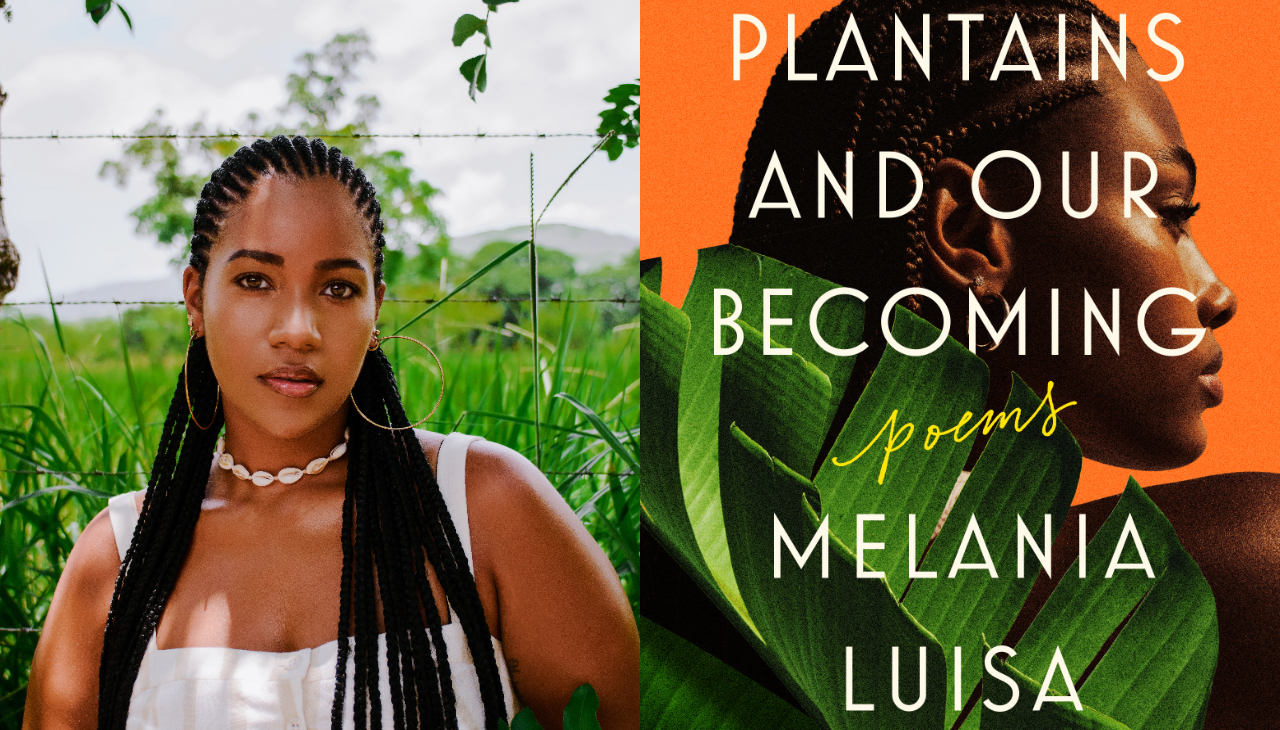
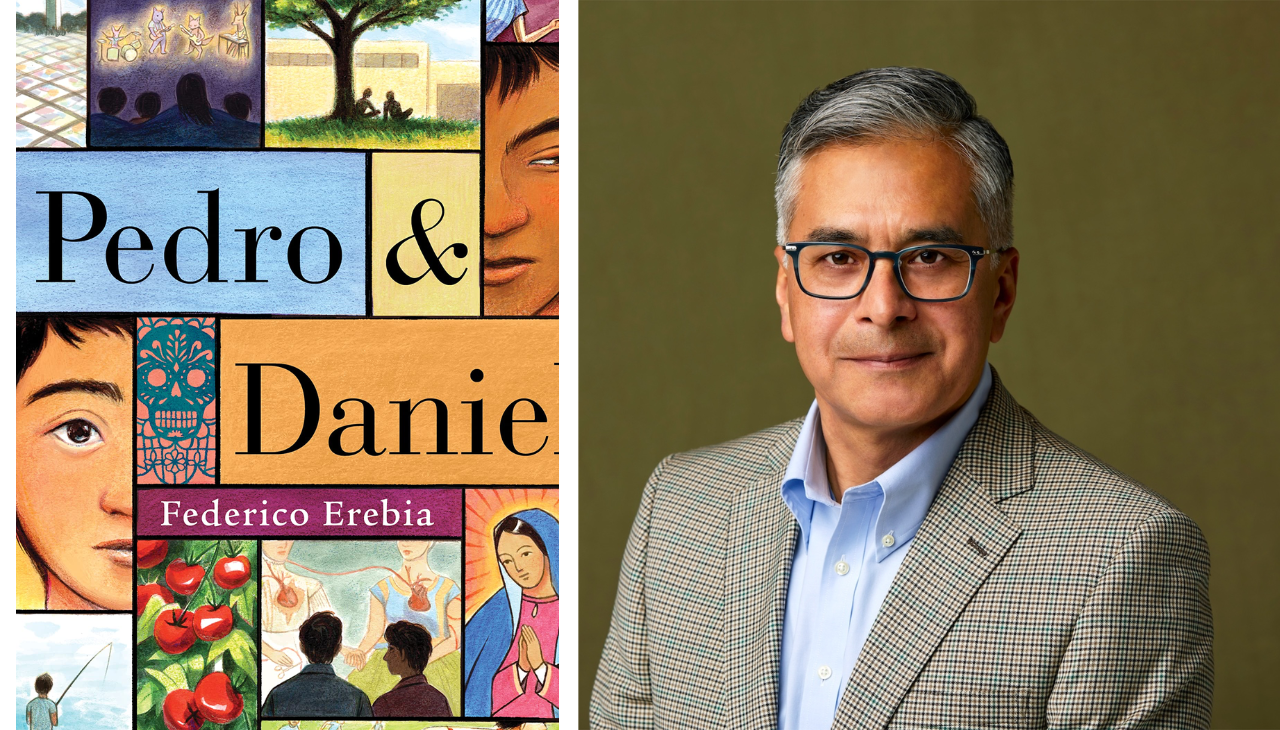
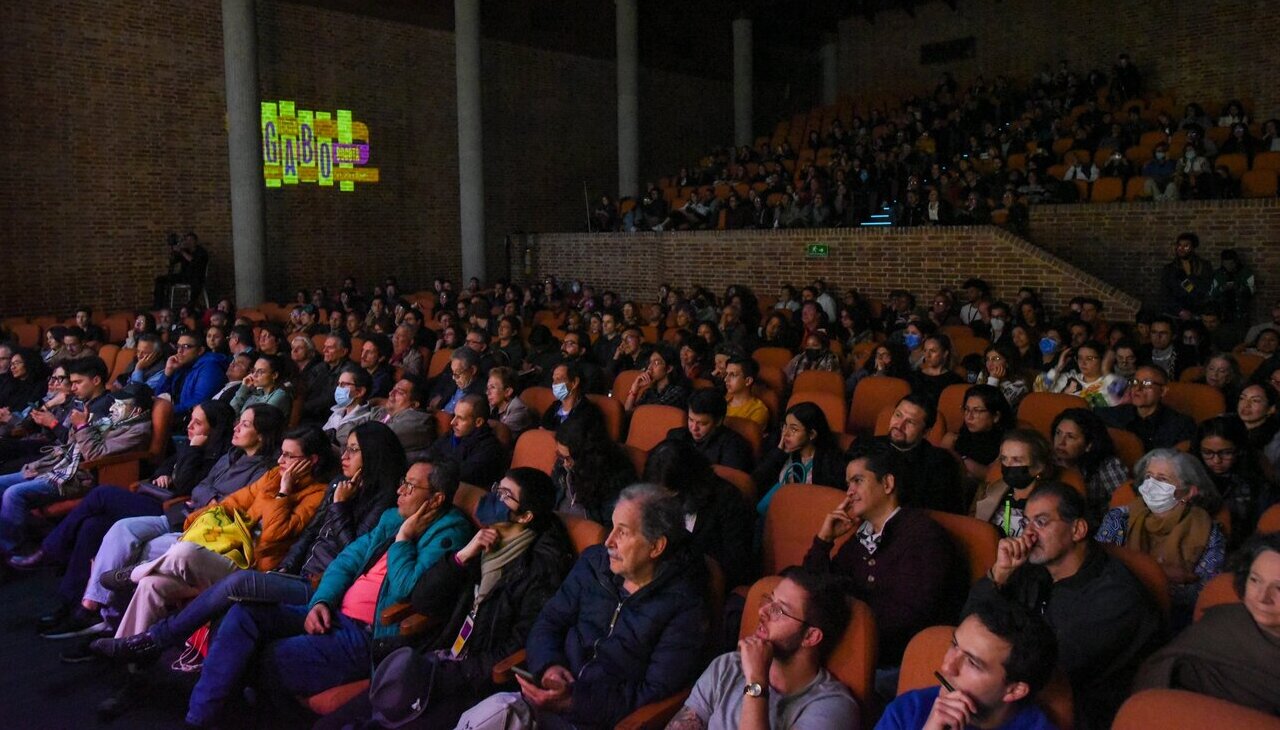
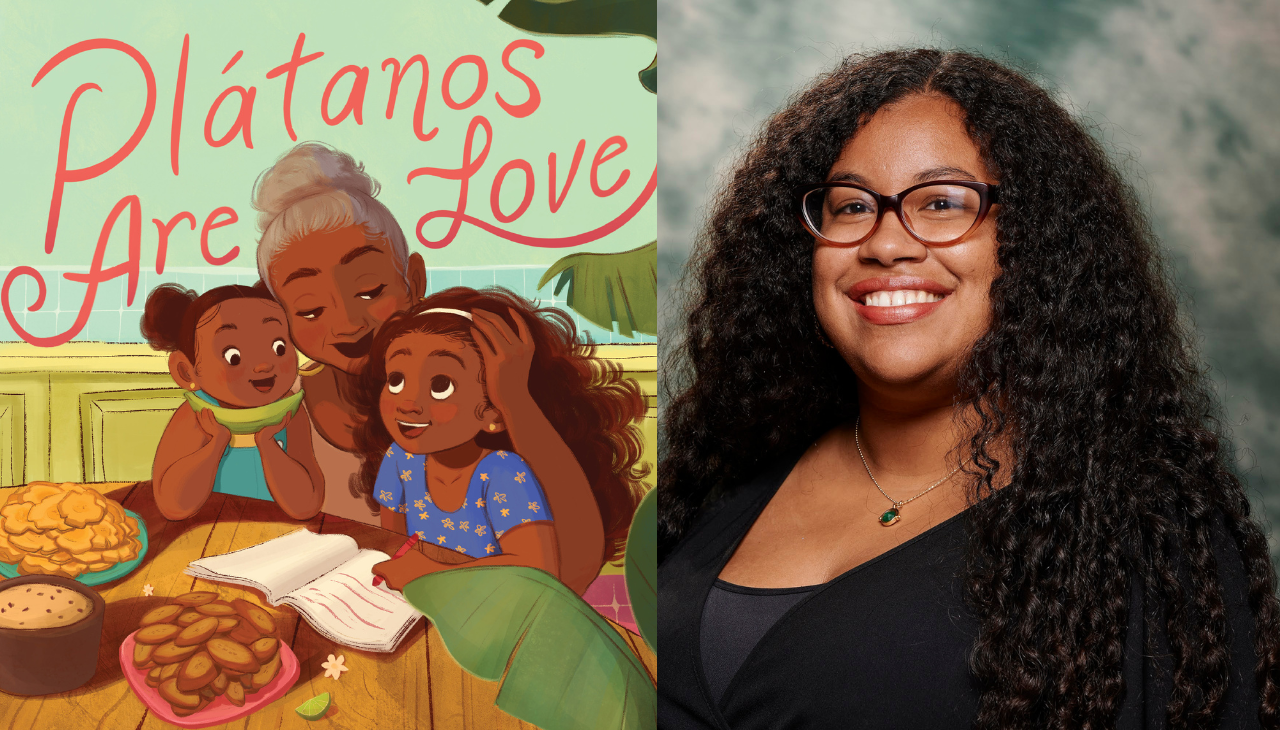
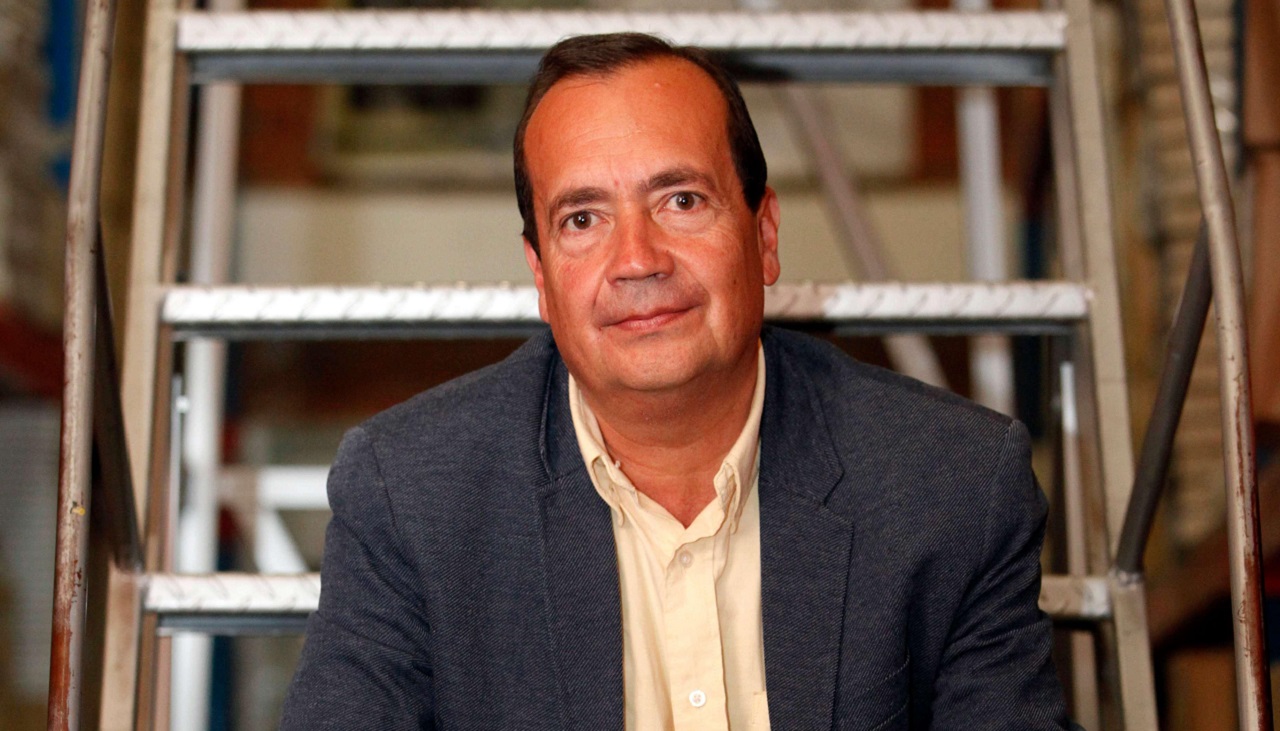
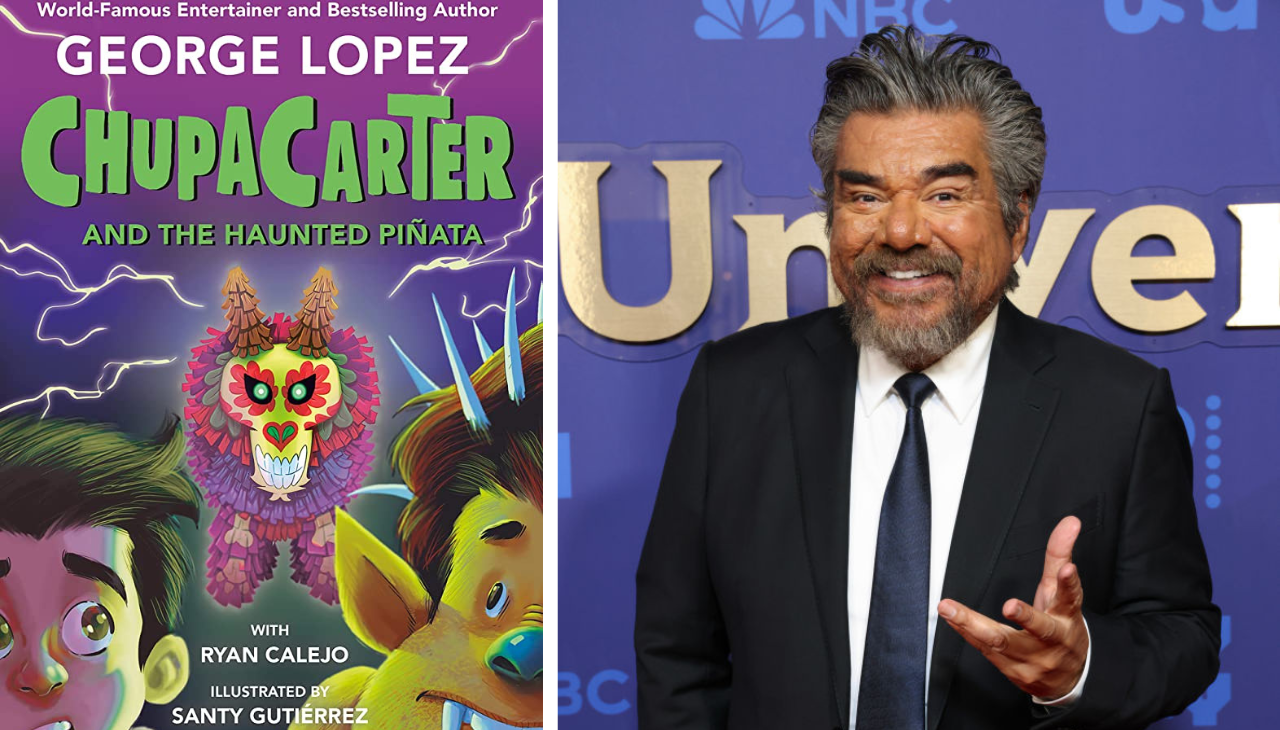

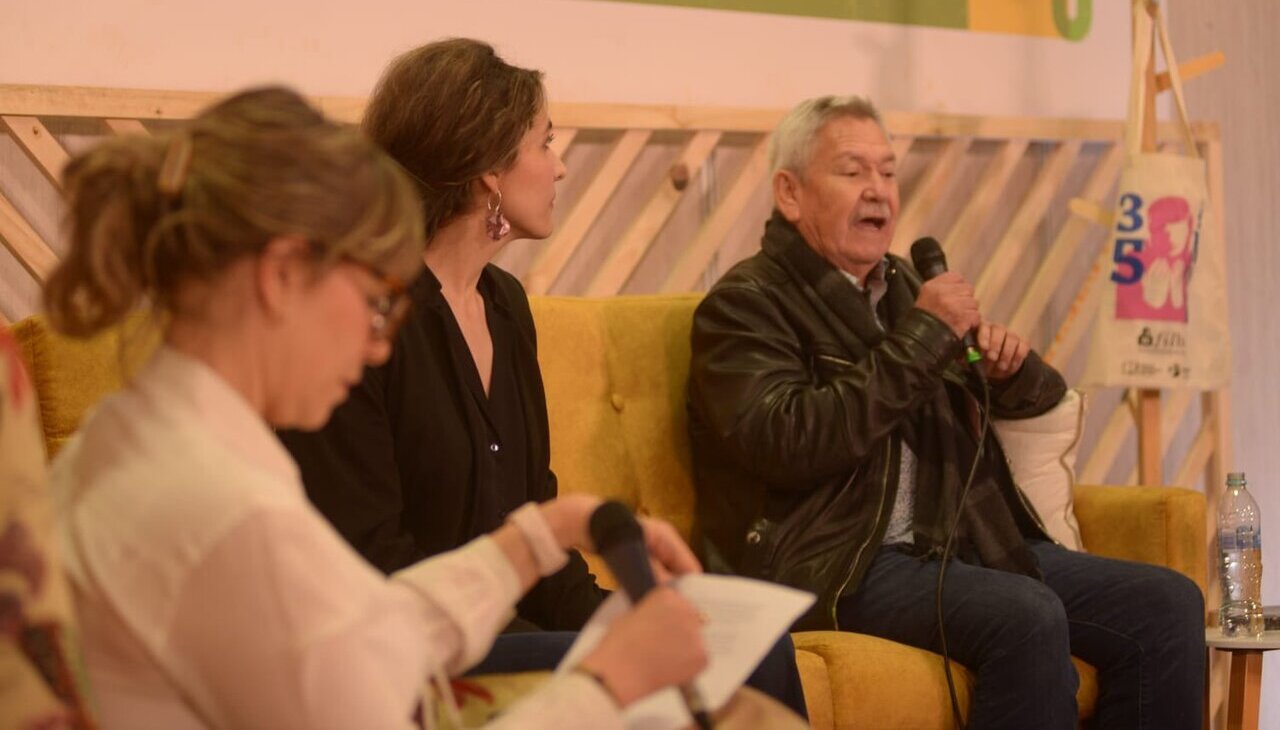

LEAVE A COMMENT:
Join the discussion! Leave a comment.